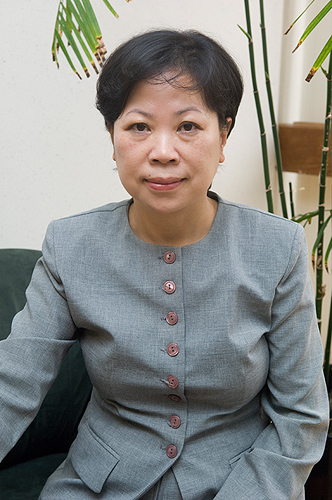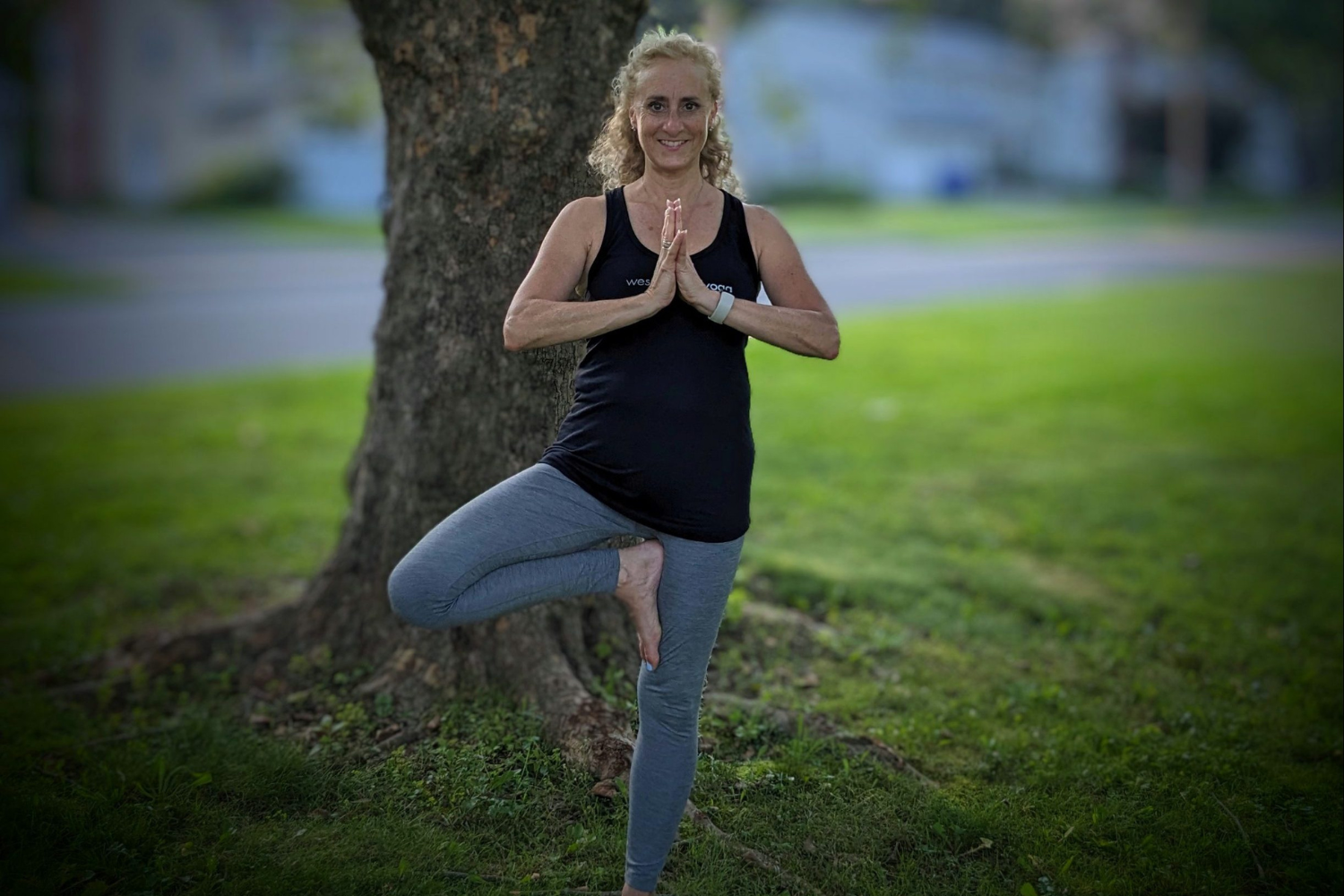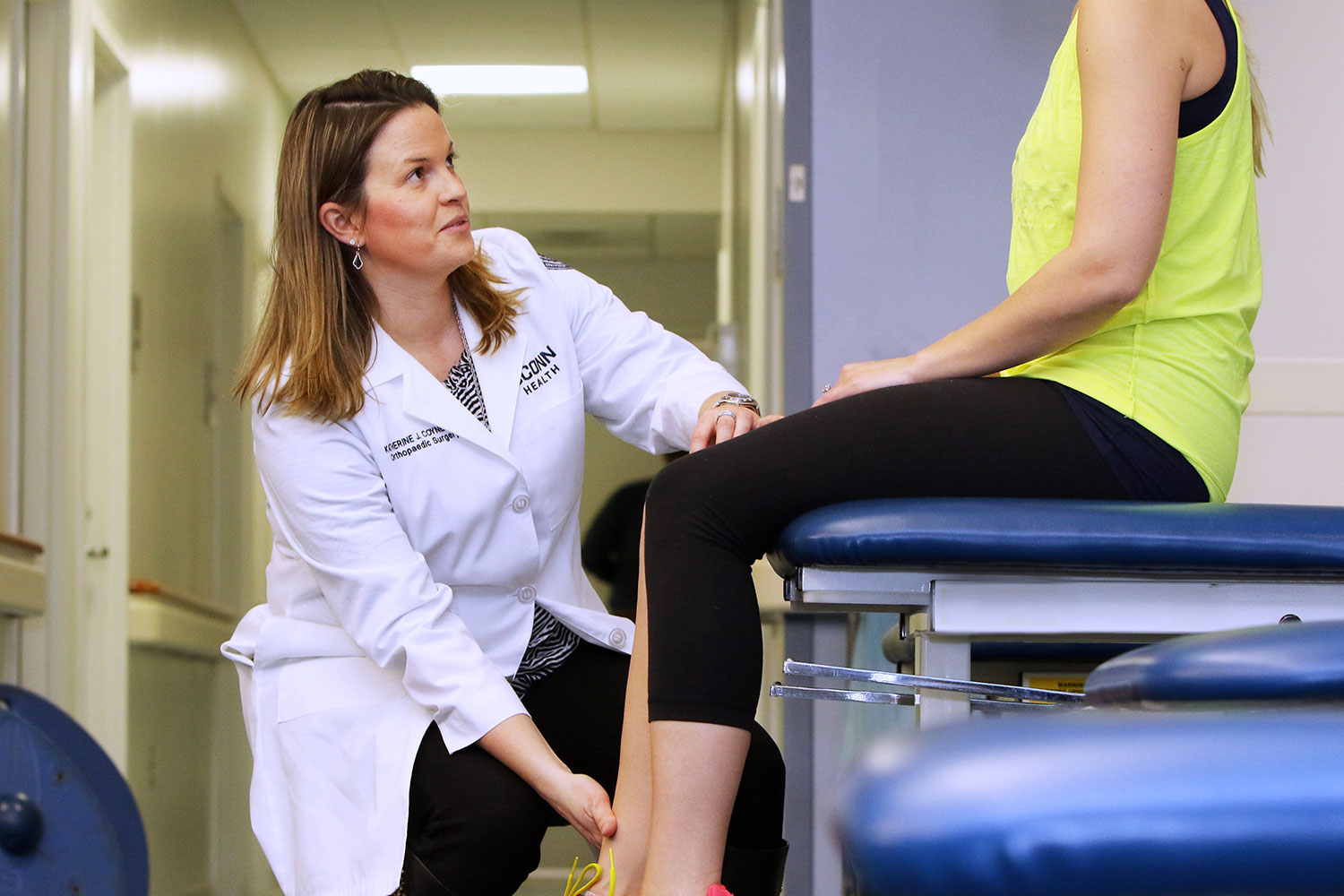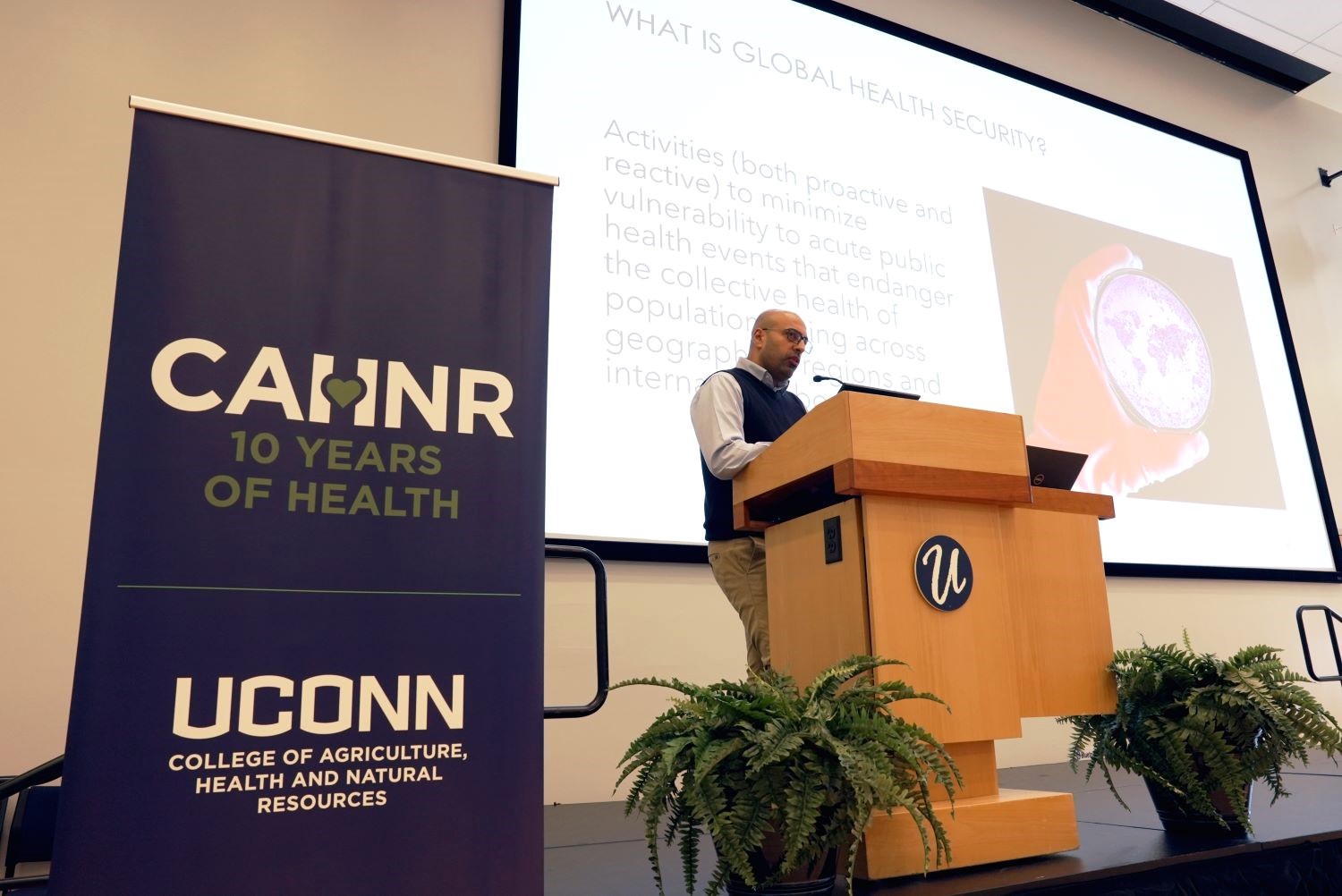
Voter turnout will be the key to the U.S. Senate election in Connecticut, especially since there has not been a particularly memorable campaign moment for either of the candidates.
So says Carolyn Lin, professor of communication sciences in the College of Liberal Arts and Sciences and associate dean of the UConn Graduate School. Lin is an expert on campaign strategy. She says both Republican candidate Linda McMahon and Democratic candidate Richard Blumenthal have been very cautious.
“During the debates, neither of the candidates has offered anything very concrete,” she says. “McMahon’s strategy has been to be a mainstream Republican and Blumenthal’s to be a mainstream Democrat.
“But sometimes voters are not satisfied with vague and broad answers, and they have a sense that the candidates are not providing any big or exciting ideas,” Lin adds.
And that could mean low voter turnout.
Nationwide, this year’s elections have been unusual in at least two ways: 89 percent of the political ads are negative ads, according the Campaign Media Analysis Group, and the total amount of advertising dollars spent outpaces the 2008 general election.
Will the negative advertising work? “Negative political ads can work very well, when the key aspects in these ads click with the issues that the voters care about,” Lin says. “The ads could work like a charm, and historically negative ads have helped elect or unelect many candidates. That’s why candidates often hire consultants who specialize in crafting negative political advertising. ”
But, she notes, it can have some unfortunate consequences. “The most damaging aspect about negative political advertising is that when the lies about another candidate stick, there is no easy way for that candidate to rebut those lies.”
Lin says the uncertainty of this election relates to the economy. “There is a lot of uncertainty for the election in terms of which direction voters will go, and the economy is the reason,” she says. “When the economy is in trouble and pocketbooks have been affected, partisanship is less important. Voters will not necessarily vote along party lines, and there is a window of opportunity for candidates of different backgrounds to win.”
Around the country, a lot of candidates have been condemning government and the need for government to participate in people’s lives. But Lin says most voters really don’t agree with that, since elimination of government might mean you have to pave your own street, establish you own fire department, go without food safety regulations, or live without government help in a disaster such as a hurricane, earthquake, or oil spill.
“You can create a lot of press with crazy ideas and somewhat irregular behavior, but it is not going to help you with voters who want you to offer them a secure jobs,” she says. “All politics are local, and never more so than in a bad economic year.”
Voters also respond to messages rather than qualifications, she says. “You have to craft messages in such a way that people can understand them. You need one clear message, and you need to hang on it throughout the campaign.”
In terms of Connecticut’s Blumenthal-McMahon campaign, McMahon has depended on repetition of both printed materials and television ads. Blumenthal is using the last three weeks of the campaign for a blizzard of television ads.
McMahon’s strategy has been expensive. She is willing to spend up to $50 million of her own money, and has spent nearly $10 million for campaign consultants and $90,000 on photography. “She really wants to make sure you know who she is,” says Lin, adding that “Blumenthal has the luxury of not having to introduce himself.”
But in politics, a week is a lifetime and voters tend to pay the most attention to the election “right now.” So the final days before the election, Lin says, are the most important of the entire campaign.
Unless one of the candidates comes up with that one good idea that really convinces the voters something will change, people may feel that neither candidate really satisfies them and stay home.
Says Lin, “Turnout will be the key for both candidates.”


